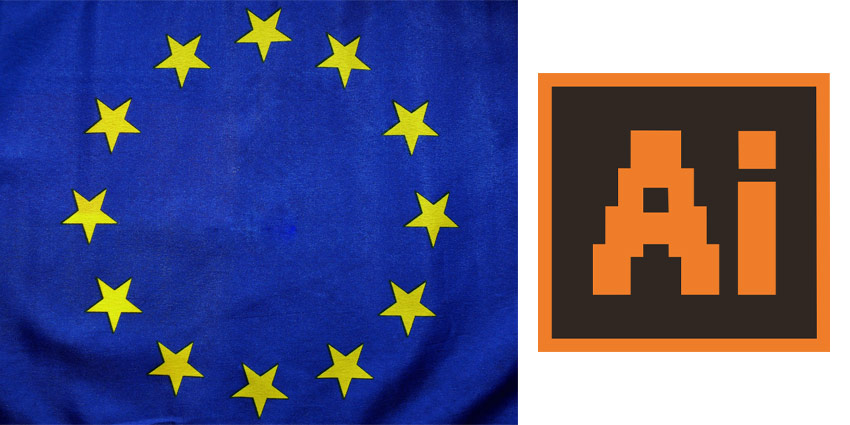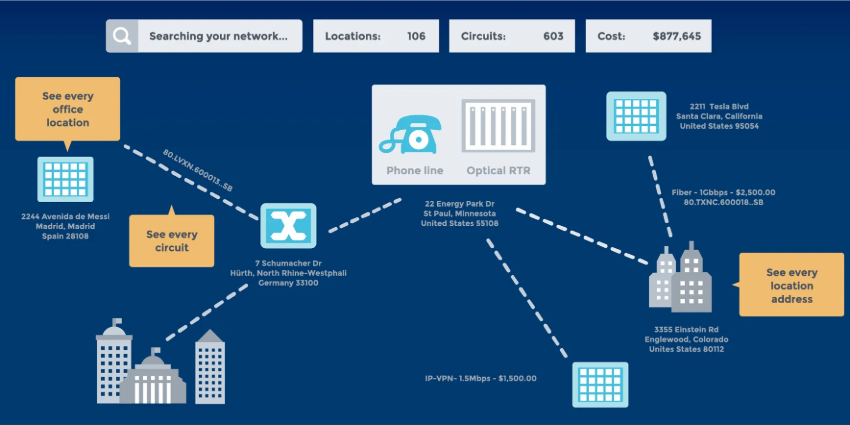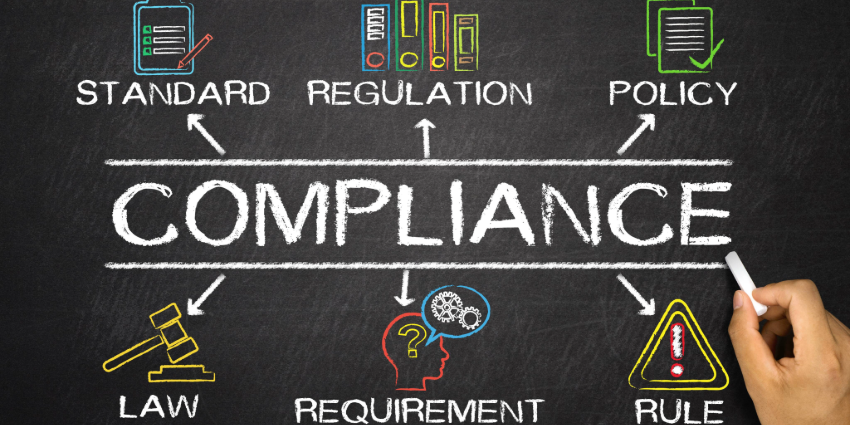These days, data analytics and artificial intelligence seem to be a crucial component of the fabric of our communication landscapes. Whether you’re investing in recording and reporting tools, or you’re exploring the benefits of chatbots and virtual assistants, you’re interacting with AI. However, since AI thrives on data, it’s becoming increasingly important for companies to consider how they can keep data safe, secure, and private.
The lawmakers in the European Union have suggested that a new bundle of proposals may need to be considered to create a more ethical and well-regulated future for the age of AI. The proposals include implementing new rules for high-risk AI systems that allow for traceable and transparent communication. The policies also require companies to use unbiased data to train high-risk systems, adhere to customer protection rules, and consider a voluntary labelling scheme for low-risk applications.
Regulating the AI and Data Landscape
In discussing new regulations for an environment increasingly affected by data and AI, the EU is launching a broad debate on the circumstances in which the use of things like remote biometric identification may be justified. They’re also looking at the creation of EU governance structures that will ensure compliance with the rules without fragmentation.
Much of the suggestions going forward will revolve around a regulatory framework that covers everything from data governance, to the way that data is accessed and used between businesses. The EU wants to make datasets that aren’t private more accessible for companies that need to become more efficient and informed. However, at the same time, it’s important to ensure that consumers and people everywhere feel comfortable about how data is being used.
During a press conference, Margrethe Vestager, Commission EVP for Digital Policy, highlighted a potential plan for shaping the digital future of Europe. According to Vestager, it’s crucial to implement a strategy that unlocks access to more high-quality data for innovation, while focusing on creating trust instead of fear.
The New Objectives for Data
According to Vestager, when the new guidelines for data management are delivered, they should highlight three objective. First, technology needs to be working for the people, and not the other way around. Companies need to be able to tap into the data that they need to grow. Unbiased access to data that doesn’t put consumer privacy at risk can assist every company in delivering better, more personalised experiences to their customers while avoiding inefficiencies and other problems.
At the same time, the EU wants a competitive and fair economy where everyone can compete in equal terms. This would mean that everyone gets access to the same amount and level of data. This prevents bigger businesses from getting ahead just because they have the means to collect more information at greater scale.
Finally, the plan would also support a sustainable, open, and democratic society, where citizens have more control over the data that they provide, and where platforms are accountable for their contents. The commission will be launching an EU and industrial platform alliance to drive interest in developing next-gen platforms that would enable more significant data sharing. This will include tapping into new technology like edge computing, and even 5G. Thanks to the emergence of these new technologies, the EU believes that by 2030, there will be 500 billion connected devices, all exchanging information quickly.
Unlocking Trustworthy Artificial Intelligence
Customers are gradually becoming more comfortable with AI. We use smart assistants every day to help us access information quickly, and countless customers prefer to speak to a chatbot before they progress to a voice call with an agent in a contact centre. However, there’s still work to be done if we want to build an environment where people can really trust the machines and people they’re interacting with.
According to Vestager, the first piece of the puzzle is training people to work properly with AI and understand the “high risk” systems in a network. Going forward, businesses will also need to agree to use AI systems that are trained according to data that respects the values and rules of the EU. Additionally, AI systems will need to provide clear information to users about its purposes, capabilities, and limits. In other words, you’ll need to ensure that your customers know that they’re interacting with a bot, rather than a human – and what that means.
The EU also wants AI systems to be technically robust and accurate, and always connected with an appropriate level of human oversight and involvement.
Dealing with the Demand for Data
Ultimate, artificial intelligence runs on data. The more data companies have, the smarter their algorithms are. That’s why the EU believes that businesses, researchers and public services should have more access to data going forward. The majority of data gathered today is never used, and that’s a serious problem for all companies.
The EU wants to create spaces where businesses and governments can store their data and access other sources of information that they need for innovation. However, this will mean that greater demands for AI regulation will rise too. The EU wants to ensure that the new technologies that are built with AI and data are deserving of the trust of citizens. That’s why the group will be committed to be promoting a human-centric approach to artificial intelligence.
Just as contact centres have been forced to be more cautious with the way that they record and collect data thanks to GDPR, we’ll also need to make sure that the AI we’re building is carefully crafted too. The EU suggests that all AI should be tested for signs of bias before it goes to market. This will help citizens to feel more confident when they’re using artificial intelligence across Europe.
Designing the Right Data Economy
In the communication landscape, we’ve already seen the impact of the European Commissions desire to build an effective data economy. The rise of GDPR and other guidelines has pushed all companies to think more carefully about the way that they use data in the contact centre. However, going forward, the European Commission wants to remove the barriers to the sharing of non-personal data in the market, while implementing new protections for more sensitive information.
The Commission notes that GDPR is seen as a major success story about how standards can be implemented with a global audience. However, even these guidelines continue to be a work in progress. There are still companies out there that are struggling with how they collect and manage their data in everything from call recording platforms, to data centres.
Going forward, embracing the perfect data economy will mean creating a set of regulations that all companies, of all sizes can feel comfortable putting into action.







